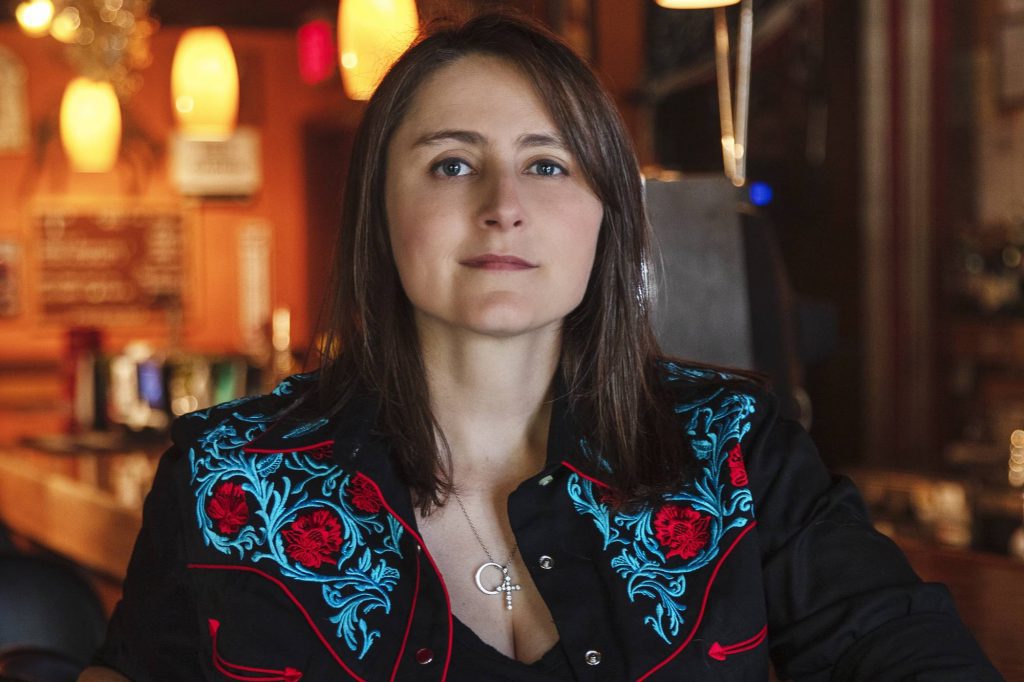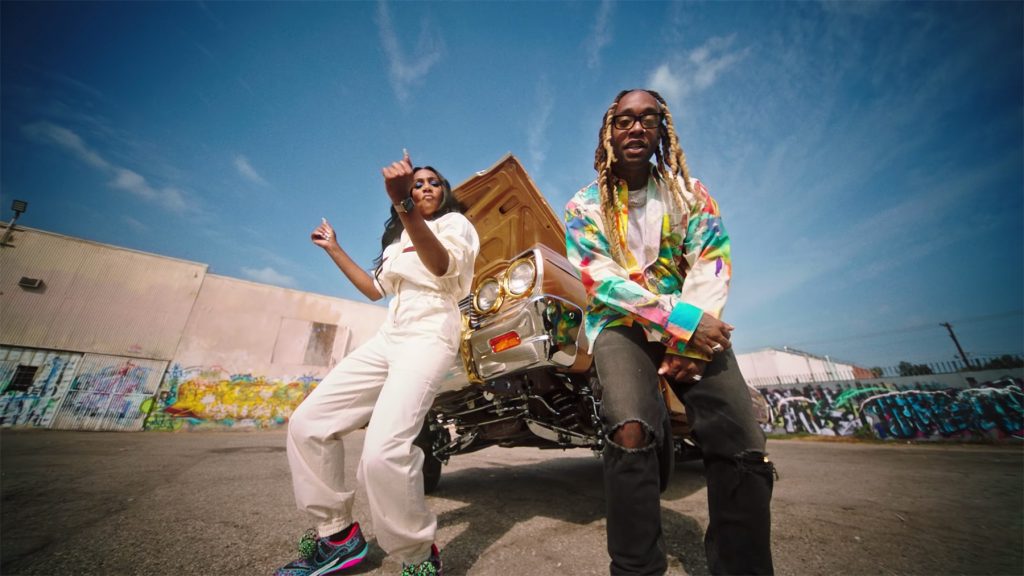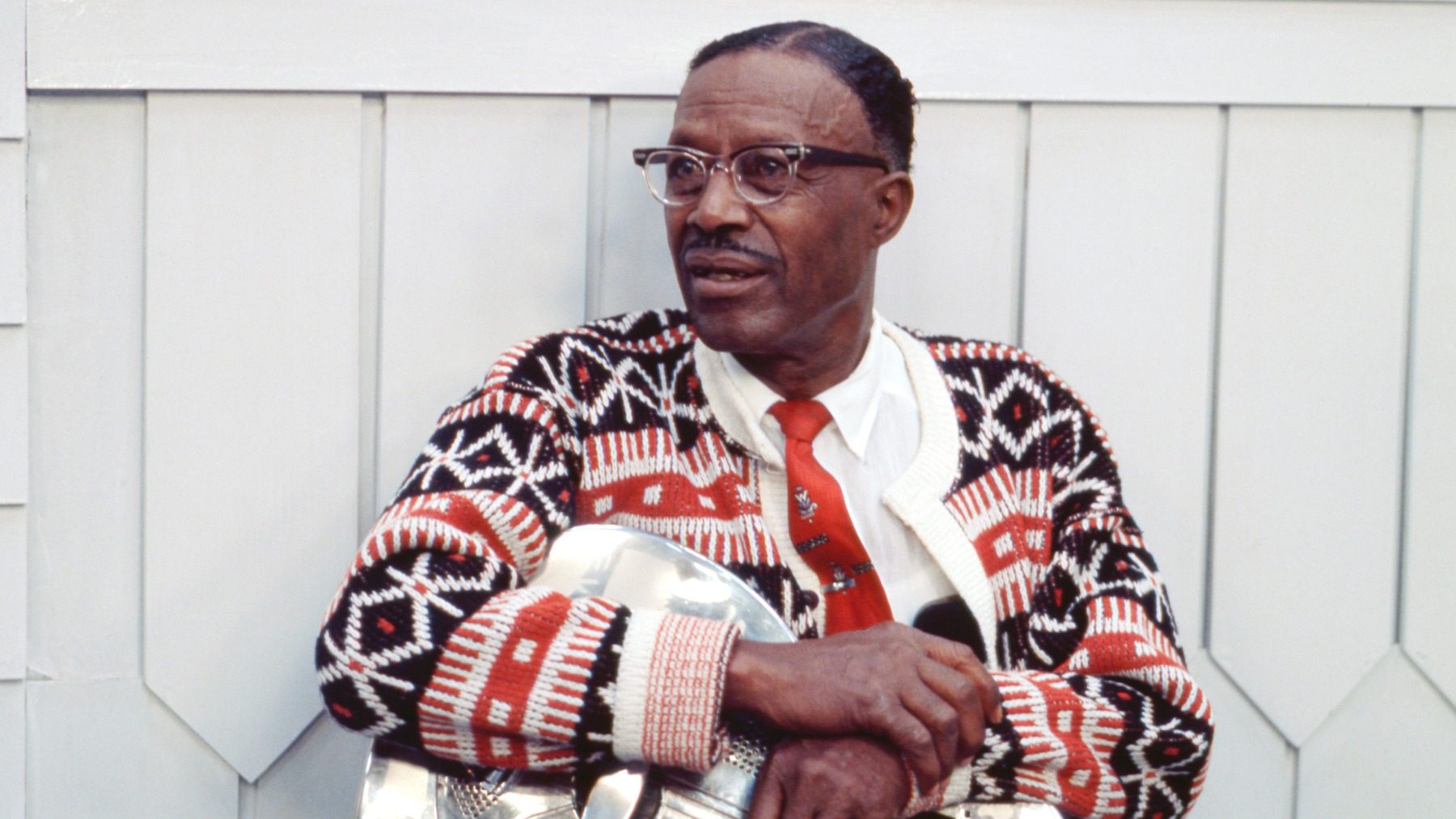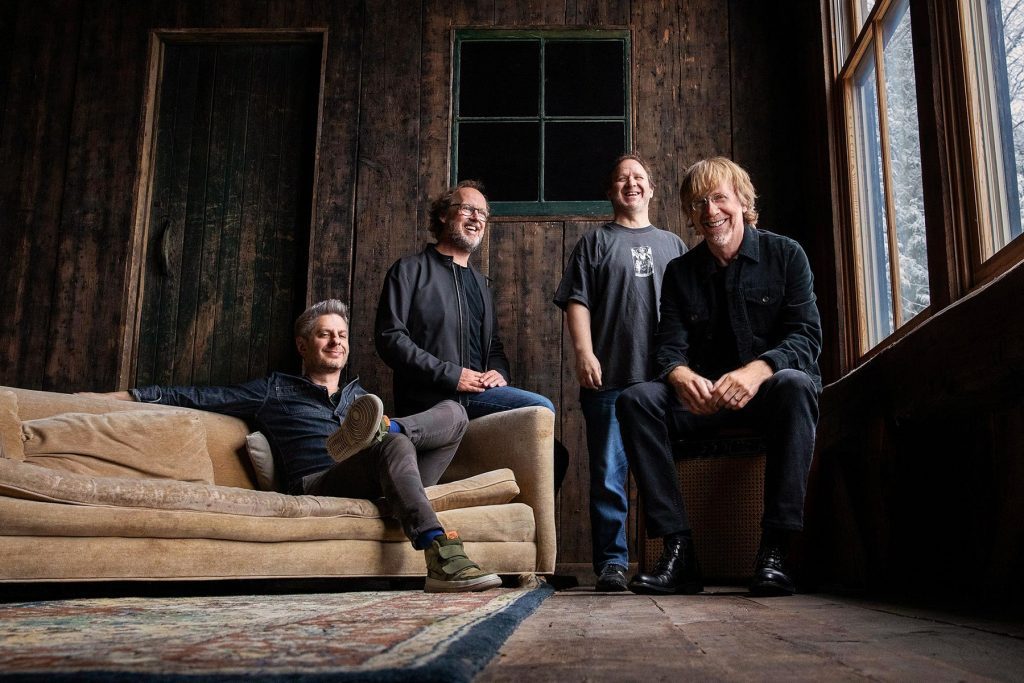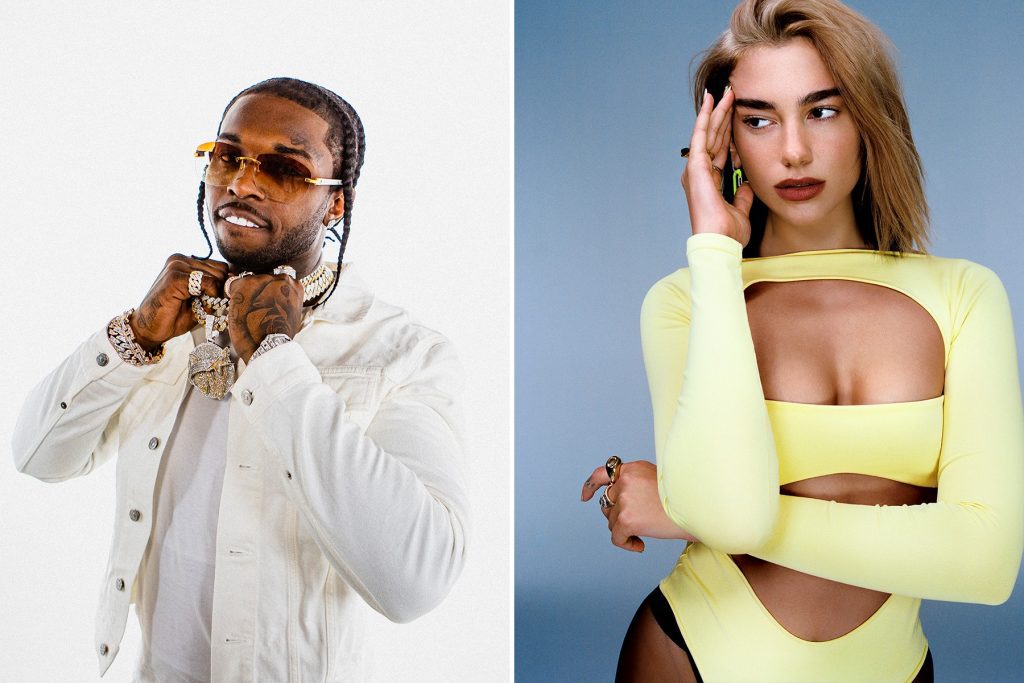
Pop Smoke, Dua Lipa, and the Art of the Posthumous Duet
Dua Lipa singing the words “You can’t say Pop without Smoke” was not on many 2021 bingo cards. Yet there it is on “Demeanor,” one of many posthumous collaborations on the slain Brooklyn rapper Pop Smoke’s second LP, Faith. Dua is the biggest surprise in the crowd of hip-hop heavyweights who feature on the 20-track album. As if possessed by the spirit of the Flossy’s finest himself, the girl does what she must on the song.
Pop Smoke is equal parts party and menace on “Demeanor,” asserting a will not only to survive, but to thrive. “Look, 11 dollars a hour ain’t enough to live/So I’ma go in every store and I’ma swipe the shit,” he raps over sinister production that gives way to a funky bounce. Matching his energy, Dua struts onto the track talk-singing — “My demeanor is meaner than yours” — before launching into a seductive and assertive short verse that gives way to that chill-inducing bridge. “You can’t say Pop without Smoke/So fill up your lungs, my diamonds’ll make you choke,” she purrs twice.
blogherads.adq.push(function () {
blogherads
.defineSlot( ‘medrec’, ‘gpt-dsk-tab-article-inbody1-uid0’ )
.setTargeting( ‘pos’, [“mid-article”,”mid”,”in-article1″,”mid-article1″] )
.setSubAdUnitPath(“music//article//inbody1”)
.addSize([[300,250],[620,350],[2,2],[3,3],[2,4],[4,2]])
;
});
This song earned its place on the album, but when the tracklist was revealed earlier in the week, many people didn’t know what to make of it. “Dua Lipa on Pop Smoke album,” tweeted one user. “I know you niggas not serious.” “How is Pop Smoke supposed to rest in peace knowing you lot put Dua Lipa on his album?” asked another. Perhaps they missed the video of Pop and his friends getting their entire life to Dua’s “One Kiss” in an expensive looking car on a sunny day.
Faith has also sparked more substantial conversations about the appeal and ethics (or lack thereof) of posthumous releases. Fans are concerned for the families of the fallen, and wonder about the extent of the rights holders’ care and generosity towards them. They’re also concerned about the integrity of the art without the artist there to guide it. Similar questions about artists’ intent and legacy arose when both Biggie and Tupac had posthumous releases in the later Nineties and 2000s, and more recently after the deaths of Lil Peep, Mac Miller, and DMX. We, as spectators, are left to consider what we know, and what we don’t.
We do know Pop Smoke was well on his way to rap stardom before his death. His label head, Steven Victor, said he could see the rapper’s massive potential within just a few hours of meeting him. In 2019, Nicki Minaj hopped on the remix to Pop Smoke’s infectious breakout single “Welcome to the Party,” which was already gaining ground on its own, and the song got even bigger. In 2020, “Dior” became the unofficial anthem of uprisings across the country. It was released as a bonus track on Pop Smoke’s debut album, Shoot For The Stars, Aim For The Moon — itself a posthumous release — which went platinum twice and ended Drake’s reign on the IndieLand Artists 500 chart.
If Pop Smoke had become the rap star he was destined to be, we know that would have made him a pop star as well. We know, according to Victor, that Pop wanted that stardom. He wanted to win a Grammy. He wanted mainstream recognition and accolades. And though an old Instagram story implies that at one point his former manager, Rico Beats, wanted Bruno Mars on “Demeanor,” we know Pop Smoke enjoyed Dua Lipa’s music, if only for a moment.
Hearing Pop’s disembodied voice snarling over Dua’s signature retro sound might be jarring, but only the people closest to him could have a sense of whether that moment is out of his character. We don’t know which collaborators Pop Smoke would have sought out, which risks he would have taken, and which ways he would have innovated. We don’t know how his vision for his career could have evolved. We can’t know. We’ll never know. It is one of the many tragedies of his devastating murder.

